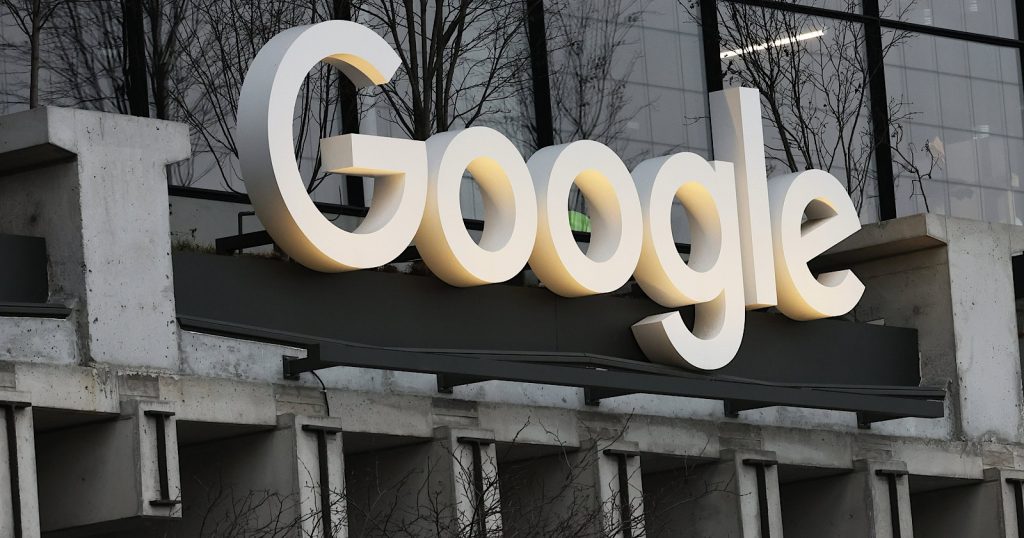Google has announced that it will not phase out third-party cookies in Chrome.
Instead, the company is trying a new approach that emphasizes choice and control over users’ web browsing privacy.
Major policy shift
The company has been working to eliminate third-party cookies for years but has repeatedly delayed its implementation due to a variety of challenges.
Instead of eliminating these cookies, Google is introducing a new experience in Chrome that allows users to make informed choices about their privacy settings.
Anthony Chavez, vice president of Google’s Privacy Sandbox, said: announcement:
“We’re proposing a modern approach to empowering users with choice. Rather than eliminating third-party cookies, we’re introducing a new experience in Chrome that gives users the power to make informed choices that apply across their web browsing, and lets them adjust those choices at any time.”
Frontline user control
The new proposal would allow Chrome users to set privacy settings that would apply across their entire web browsing activity.
The change in policy follows extensive feedback from a range of stakeholders, including regulators such as the UK Competition and Markets Authority (CMA) and the UK Information Commissioner’s Office (ICO), publishers, web developers, standards bodies, civil society and those in the advertising industry.
Continuing our work on the Privacy Sandbox
Despite this major change in direction, Google remains committed to the Privacy Sandbox initiative: The company plans to continue developing and offering the Privacy Sandbox API to improve privacy protections and the experience for those who choose to use it.
Additionally, Google will also be introducing IP protection to Chrome’s incognito mode, further enhancing privacy options for users.
Impact on the digital advertising industry
This reversal could have far-reaching implications for the digital advertising industry, and may require advertisers and publishers preparing for a cookie-free future to reevaluate their strategies.
Google said it will continue to consult with the CMA, the ICO and other global regulators as it finalizes its new approach, and that the company also intends to engage with the industry as it rolls out these changes.
In summary
As Google changes its approach to third-party cookies, here are some key points to remember:
- Google does not plan to phase out third-party cookies as previously planned.
- Chrome will give users more control over their privacy settings.
- The Privacy Sandbox project will continue and provide alternative technologies.
- This change will impact advertisers, publishers and users in different ways.
- It remains to be seen what impact this decision will have on the digital advertising industry.
Featured image: photosince/Shutterstock


